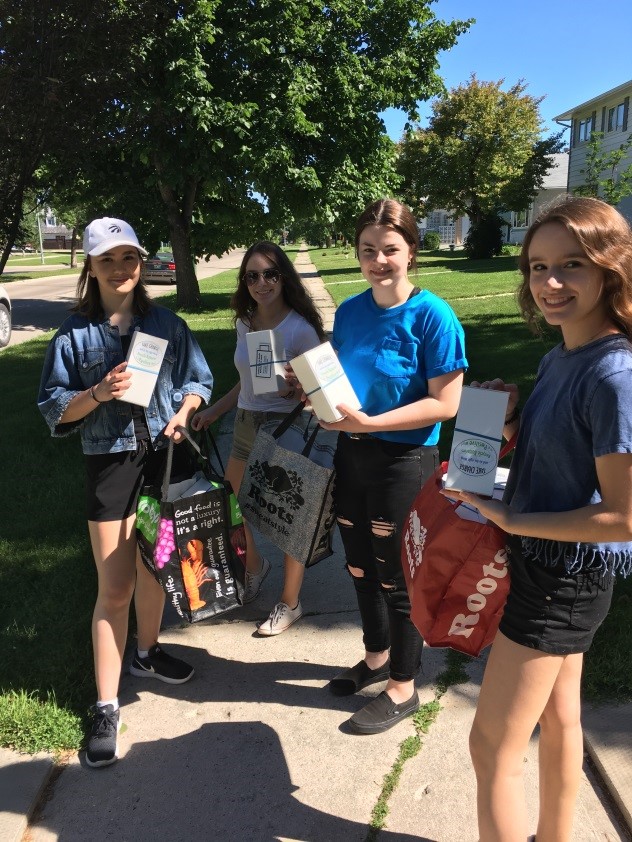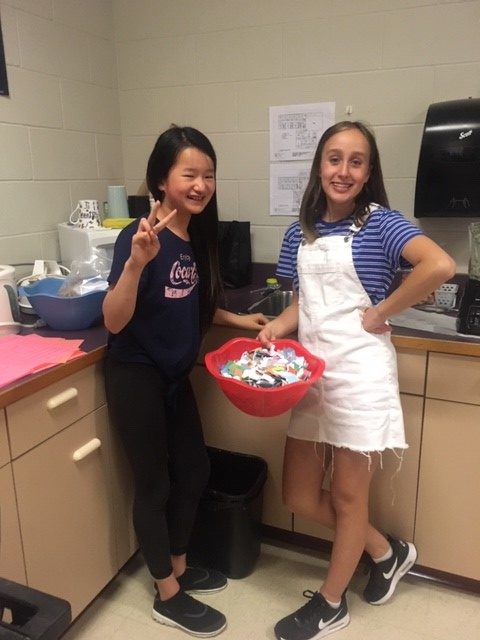 2019, Winnipeg, Manitoba, Canada
2019, Winnipeg, Manitoba, Canada
Holly & Tori, students at Henry G. Izatt (HGI) Middle School in Winnipeg, MB, were concerned about plant diversity, invasive species, and bee populations. They came up with a plan to address all three issues: seed bombs! Their plan includes educating young students at an elementary school before they enter HGI by providing them with seed bombs and a little workshop on how to plant them and what the benefits are.
“This is important for our community because our school has recently placed beehives on the school roof. We are worried that the bees will not have enough pollen to support the ecosystem and their hive. Bees are important to our watershed because they pollinate plants and crops… Planting wildflowers around the community will provide food for the bees to help grow our bee population and raise awareness.”


 2019, The Pas, Manitoba, Canada
2019, The Pas, Manitoba, Canada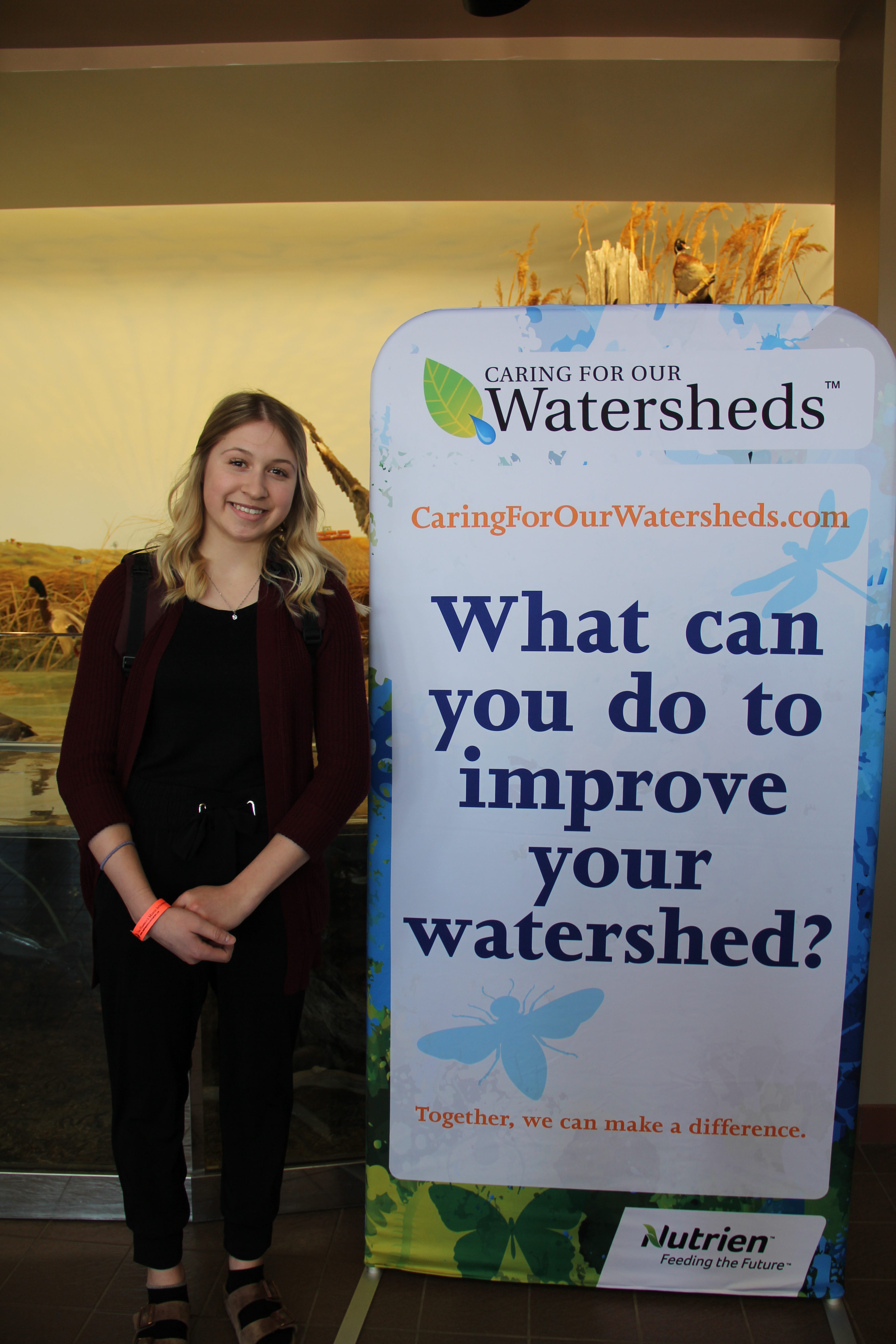 You may not know this, but plastic toothbrushes create major toothaches for our environment.
You may not know this, but plastic toothbrushes create major toothaches for our environment.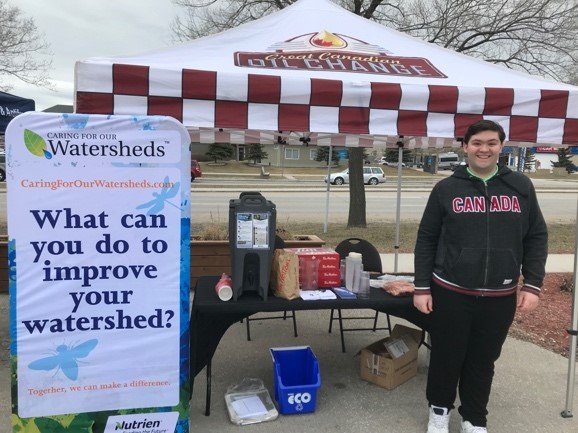 2019, Winnipeg, Manitoba, Canada
2019, Winnipeg, Manitoba, Canada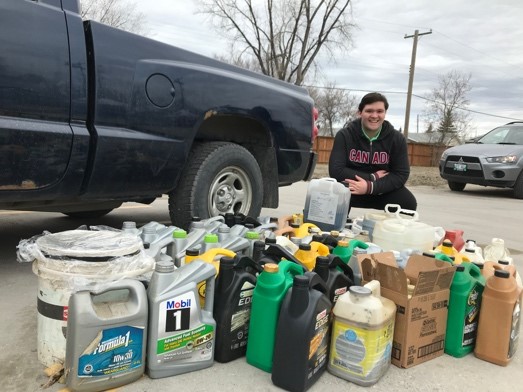 He partnered with his local Great Canadian Oil Change to put on an event so that people could bring in their used oil and other household products for proper and environmentally safe disposal. He was able to educate community members about disposing of these products any time at drop-off sites such as the Great Canadian Oil Change that he hosted his event at.
He partnered with his local Great Canadian Oil Change to put on an event so that people could bring in their used oil and other household products for proper and environmentally safe disposal. He was able to educate community members about disposing of these products any time at drop-off sites such as the Great Canadian Oil Change that he hosted his event at.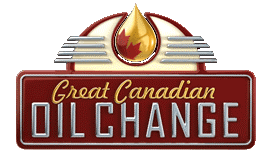
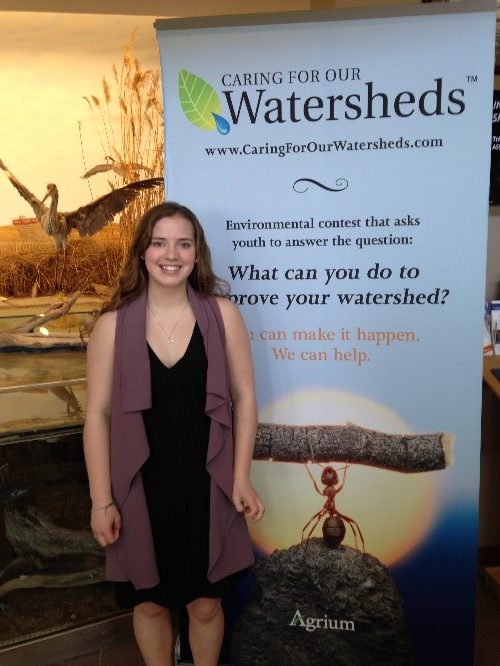 2019, Carman, Manitoba, Canada
2019, Carman, Manitoba, Canada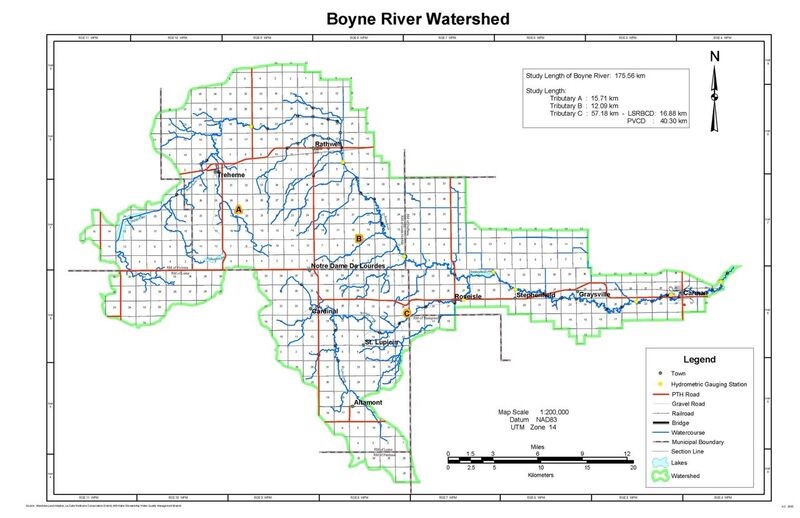 “In the end, helping someone understand how they can positively affect the environment is a challenge, but can have personal, as well as global impacts. I believe teaching the young students will promote a lifestyle that contributes to a healthy environment, since they are the future.”
“In the end, helping someone understand how they can positively affect the environment is a challenge, but can have personal, as well as global impacts. I believe teaching the young students will promote a lifestyle that contributes to a healthy environment, since they are the future.”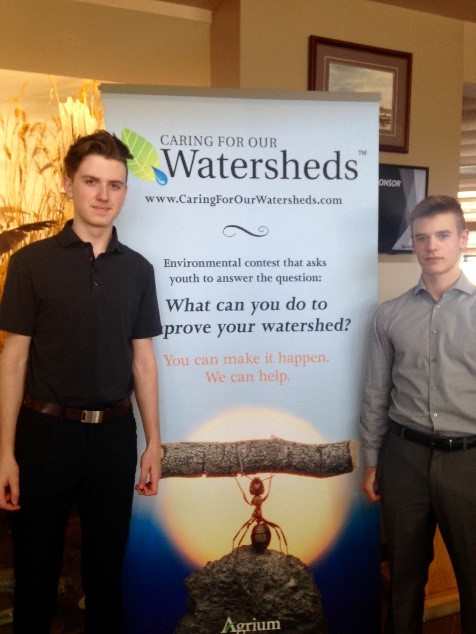 2019, Winnipeg, Manitoba, Canada
2019, Winnipeg, Manitoba, Canada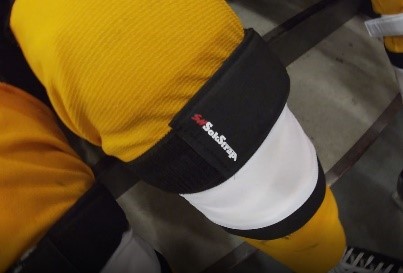 They provided their hockey team members with SokStraps to use instead of plastic hockey tape. Many of the students liked the way they worked and made the full-time transition to SokStraps.
They provided their hockey team members with SokStraps to use instead of plastic hockey tape. Many of the students liked the way they worked and made the full-time transition to SokStraps.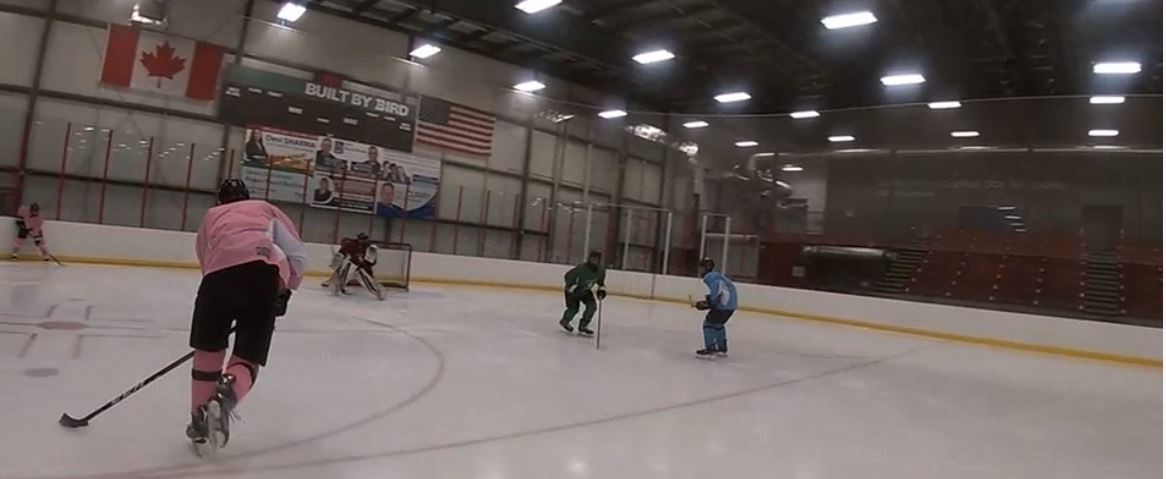

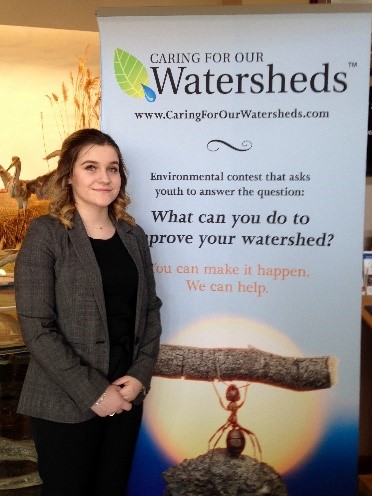 2019, Selkirk, Manitoba, Canada
2019, Selkirk, Manitoba, Canada
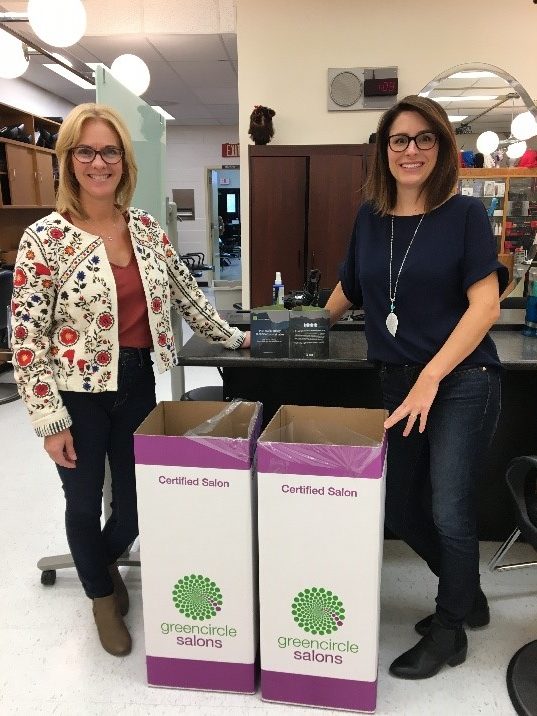 “This would be a great deal of change at a small price and it is shameful to still think that our salon and other salons have not progressed to this eco-friendly level. It is probably because most salons do not know about this affordable idea. It is our job as the future generation to spread awareness to help save our environment.”
“This would be a great deal of change at a small price and it is shameful to still think that our salon and other salons have not progressed to this eco-friendly level. It is probably because most salons do not know about this affordable idea. It is our job as the future generation to spread awareness to help save our environment.”
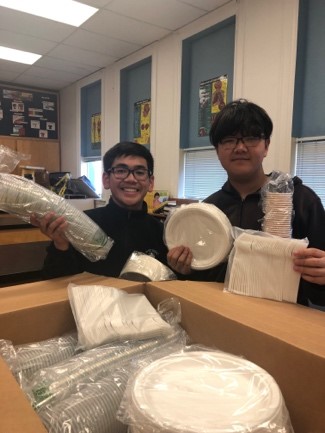 2019, Winnipeg, Manitoba, Canada
2019, Winnipeg, Manitoba, Canada

